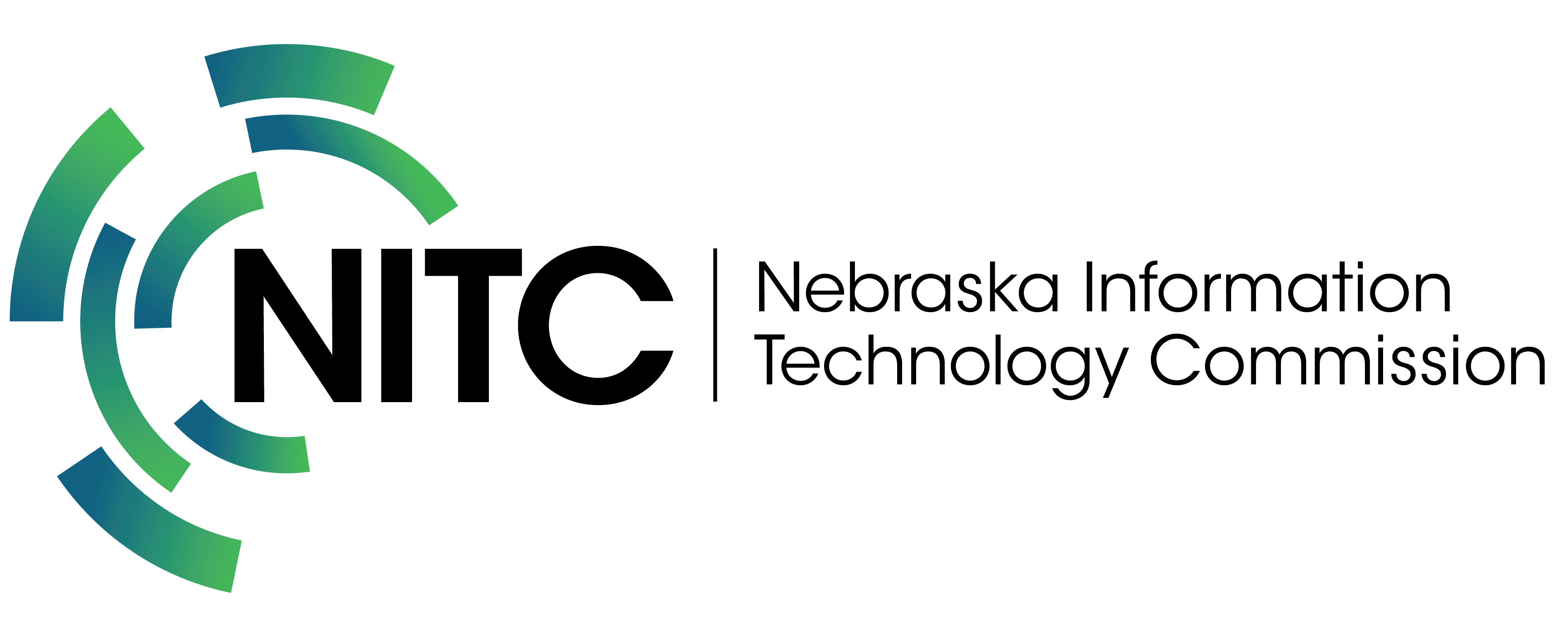FirstNet, AT&T begin work in Nebraska; Verizon may compete
By Bob Wilhelm, Office of the CIO, State of Nebraska
The First Responder Network Authority or FirstNet began its Nebraska journey in 2013 where it was met by our first responder community with a healthy amount of skepticism that it would ever come to fruition. At the same time our responders realized that a system of this nature could offer interoperability opportunities and capabilities they currently did not have but desperately wanted.
Since that time outreach and educational efforts have occurred in Nebraska, not only about FirstNet, but about the benefits and the applications of broadband for public safety agencies and the citizens they serve. Part of the education effort sought to show that although FirstNet emerged as a Federal project that it had been lobbied for by public safety practitioners for over a decade. National and State Associations of all the public safety disciplines supported the concept of FirstNet. The National Association of County Officials, the League of Municipalities, APCO/NENA (public safety communications centers/9-1-1) and many more supported the idea behind FirstNet and lobbied congress for its creation.
The capabilities offered by broadband networks have helped gather support for FirstNet as well. The ability to send telemetry from a 12 lead EKG from the home of a patient to a receiving cardiac care facility that can identify a deadly STEMI has a time and lifesaving impact on patients. Providing law enforcement the ability to send and receive images and videos of an event to enhance situational awareness while responding to an incident can improve the safety of both responders and the public. The ability to do all these things and more without having to compete with the general public’s use and consumption of this scarce bandwidth spectrum on a network solely dedicated to first responders has changed how FirstNet is now being viewed by many.
Nebraska participated in a statewide consultation and data collection process for the purpose of informing FirstNet about the needs and coverage priorities Nebraska responders had for a FirstNet Network. Those efforts resulted in FirstNet issuing an RFP to select a partner who would plan, design and buildout the Network across the nation. In the spring of 2017 FirstNet selected AT&T as that partner, and in June the draft of the State Plan for Nebraska was released.
Nebraska completed a thorough analysis to review and assess Nebraska’s State Plan and compare what the plan said it would deliver against the priorities and needs that Nebraska had told FirstNet that we needed. As a result of the review of the state plan Nebraska submitted seventy-three comments to FirstNet/AT&T that identified issues, concerns and questions about the plan. In August of 2017 the findings of this review were presented to the Nebraska Public Safety Broadband Working Group, which is the governance body over FirstNet in our state. After reviewing the information the Working Group recommended that Ed Toner, Nebraska’s Single Point of Contact for FirstNet, inform Governor Ricketts that the Working Group recommended that Nebraska opt-in and accept the State Plan FirstNet and AT&T had delivered. On August 23, Governor Ricketts notified FirstNet that Nebraska would opt-in and accept the state plan.
Now what? FirstNet/AT&T will now begin their work in Nebraska by responding to the comments we submitted, identifying and forming partnerships with Nebraska broadband providers, building or leasing infrastructure assets and reaching out to public safety agencies to provide them with information about services, coverage and costs so that these agencies can decide if subscribing to FirstNet/AT&T is beneficial to them.
As FirstNet/AT&T begin their work, Verizon has said that they will be moving forward to compete with FirstNet/AT&T with a dedicated network and opportunities just for first responder customers. How these competing networks will play out is uncertain, but generally competition is viewed as good. Perhaps public safety will be the big winners, because, after all, this all started to provide public safety with an opportunity to subscribe to a broadband network that will provide nationwide interoperability. If that happens and it is sustainable, then that is a great thing!
From the Fall 2017 issue (PDF) of Nebraska Broadband

